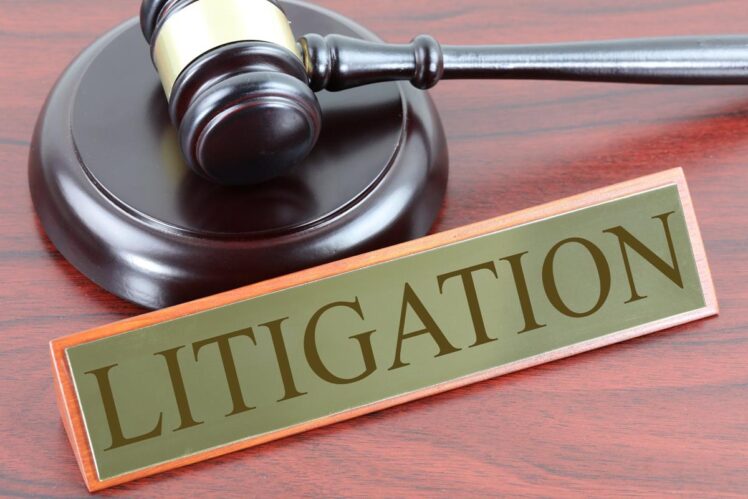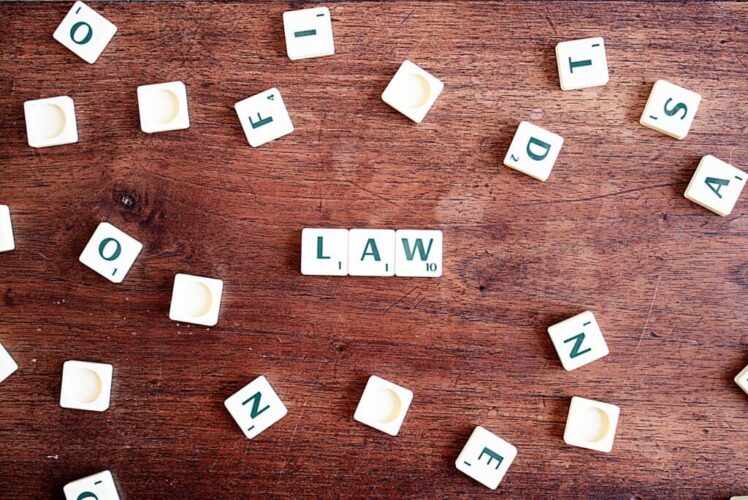Home › Business › Company
Benefits Of Resolving A Dispute Through Litigation In Business
Published on:
In the commercial or business world, disputes are a common thing that you would get to see across different sectors, and they are an inevitable part of running any business. These disputes might seem negligible, but they could be really harmful to your firm if you do not handle them with care and attention. For this, you require the best team of lawyers and experts who will resolve the situation for you and ensure you get to run your business smoothly.
Litigation, as a term, might seem like an overwhelming one but is the best way to resolve any dispute when compared to all other alter-natives. Choosing litigation as a solution will save you time and money; it will put pressure on the ones who are sitting at the opposite side of the table and will help you achieve a positive outcome.
Contents
The Most Common Business Disputes You Would Come Across
Most business disputes include contract disputes, property law as well as employment law, civil fraud, asset tracing, breach of contract claims, protecting confidential information, and others. Contract disputes arise when someone thinks that their contract rights have not been fulfilled. Employment disputes arise when employees are exploited, not paid within time or for extra hours, and are taken advantage of. Property or tort disputes arise with someone damaging another’s property.
Problems You Might Face In Your Business Due To A Dispute

Your business would face several issues due to disputes; the major ones would be damage to your company’s reputation, plummeting stock prices, losses in the market, and others. They could affect the confidence of your customers over your brand and, in some worse-case scenarios, could bring your business to a complete halt. You should deal with disputes in an efficient and timely manner to get a positive outcome.
Defining Litigation
Litigation is a process where' two parties in disagreement with each other regarding a particular issue(s) submit their dispute to the court. In litigation, usually, one-party states that their point of view is the correct one while, on the other hand, the other party disagrees. A judge would hear both sides and then would pass judgment accordingly depending on whose side sounds more genuine, is persuasive, and has evidence. The judge then offers the final verdict, which would be the final resolution of the dispute.
The Several Benefits Of Litigation
1. Everything Would Be There On Public Record

In litigation, everything is made public. The evidence, as well as the facts, everything would be available to the general public in one form or another. If someone wants to research this dispute further, the court’s rulings are also accessible on judicial websites. This often acts as a form of proof too, as they could be used as a resource when trying to resolve issues with the other party.
If information is kept secret, the general public cannot witness what is going on, and it would also be difficult to figure out what went on in the ruling and the agreement.
2. Litigation Ensures That You Get Cooperation From Court
With litigation, as both the parties would be under the rulings of the court, they would ensure that both the parties follow the court rules and cooperate. Both parties with their legal team have to be present at all the hearings; they have to submit all the necessary documents whenever needed to prove that their version of the events is true. If the other party fails to follow these norms, then you could go to the court and ask for default judgment. This ensures that both the parties are providing the necessary documents and stating true events, which is impossible through mediation or arbitration.
3. Using Precedent To Support Your Side Of Events

If there have been previous cases with the same circumstances, then you could use them as precedent for your own case. This way, the court knows how the previous disputes have been handled and what the outcome was. One party could even use this to argue about what the next step should be, which is impossible through alter-natives of litigation. However, precedent does not always matter because no two cases could be completely similar; therefore, judgment would not be the same either.
4. Evidence Is Given Primary Importance
When it comes to evidence, there are several rules and norms that one must follow. Some of the most notable ones would be – you cannot use someone else’s statement while trying to prove any fact in court; unless and until that person is testifying, you should go for the most relevant evidence while trying to prove your side of the events.
Right of discovery does not come in handy during arbitration or mediation, but it is really helpful during litigation. If one party states that they do not have any document where'as they do have it, then after going through the steps with the concerned court, you will have access to that document eventually.
You cannot just give the court any evidence that you have access to; it should meet certain standards before they are submitted to the court duly by your legal team. The standards could differ; however, the evidence should be clear, on point, and convincing. Again, jurors are not allowed to hear about politics or religion as it could get biased. Therefore, talk to your legal team before submitting any proof and make sure they are 100% convincing.
5. You Could Appeal

With litigation, if you are unsuccessful initially, you could apply for an appeal if you think your argument and your evidence are strong enough. However, you should know that appeals could go against you as well; always be careful as these are sensitive situations, and do not take any measure without consulting your legal expert.
Litigation is a cost-effective method as the main cost only involves hiring a lawyer. Wrapping up, these are some of the benefits of opting for litigation when trying to settle a dispute. Appoint a legal expert after thorough research and ensuring they have experience in handling your type of case.
Share With Your Friends